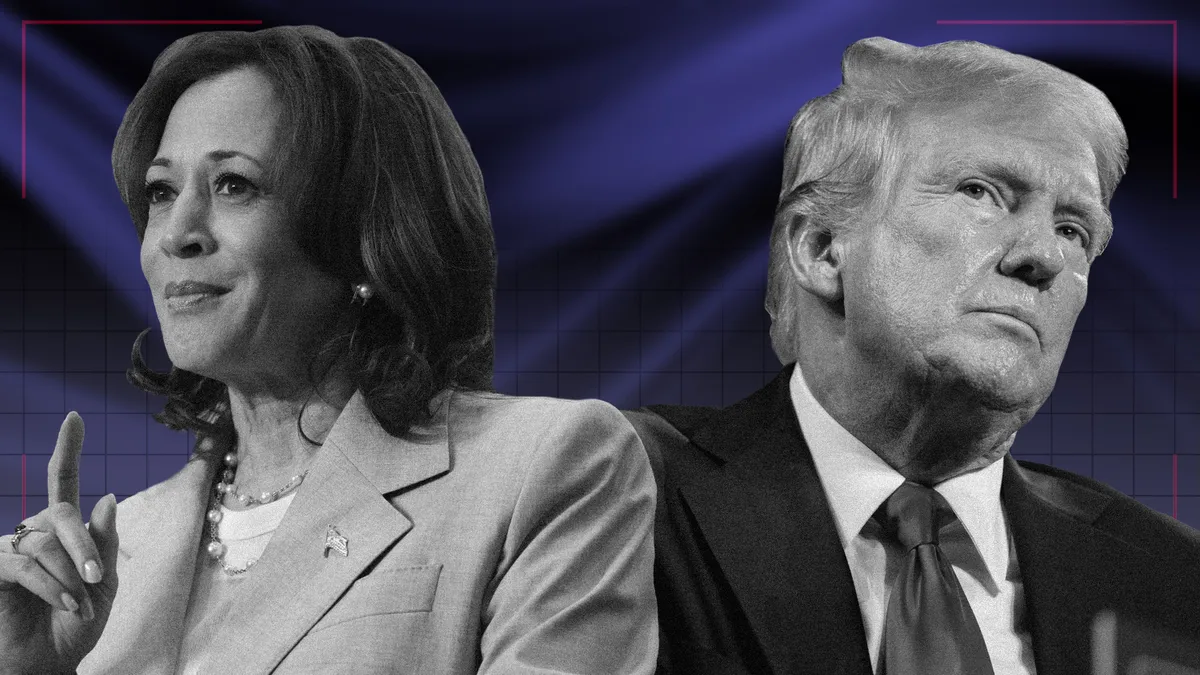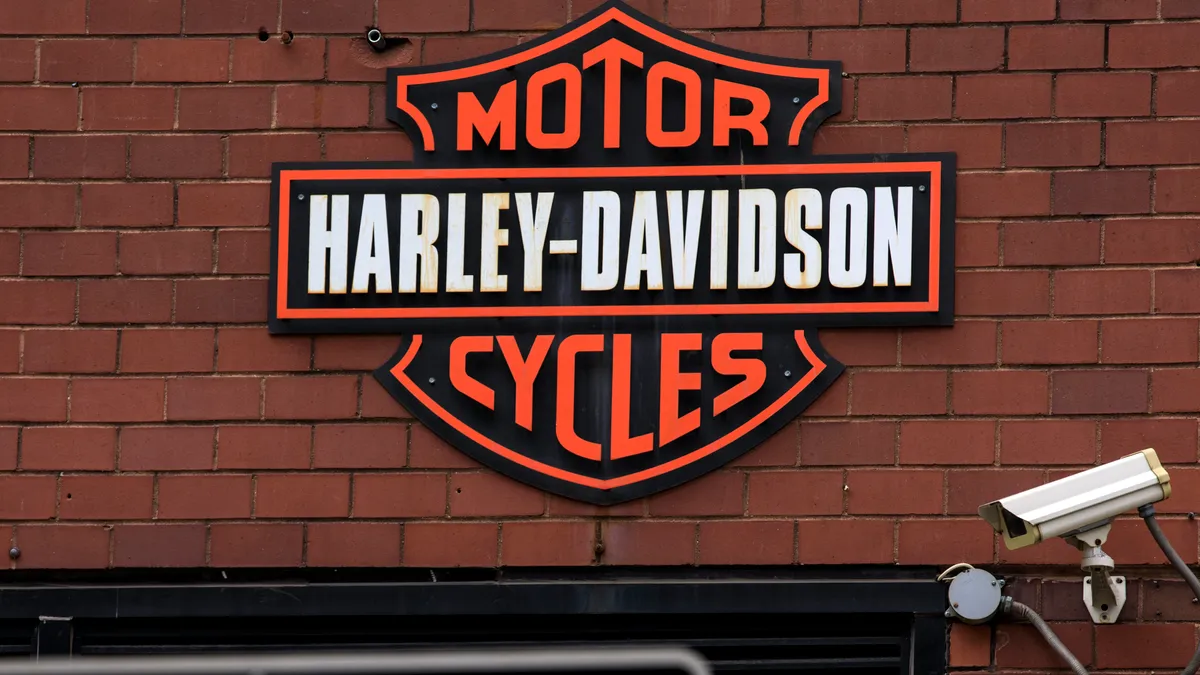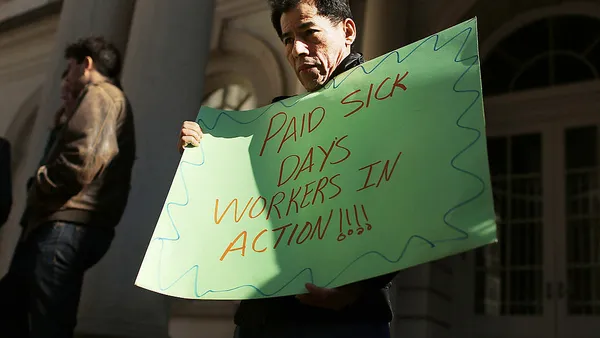Dive Brief:
- Spurred by the "sharing economy" model of companies such as Uber, Taskrabbit and others, many Americans are part-time, independent workers who work more than one job, mostly without typical benefits.
- With healthcare benefits typically less available for those working part-time, how can the U.S. level the playing field and give these workers the same kind of security that has long been enjoyed by most people working more than 35 hours a week?
- The concept of "micro benefits" can help the U.S. include hard work for on-demand services (like Uber) or for multiple employers.
Dive Insight:
Felix Salmon, writing at Fusion.net, says one option that already exists in countries like Germany, Canada and Sweden is the “dependent contractors” category which would exist somewhere between employees and independent contractors.
For example, Salmon cites a proposal from Nick Hanauer David Rolf, dubbed a Shared Security Account, that would mean any kind of employment, even if it was only for an hour, would come with "prorated, portable and universal" benefits.
Salmon notes that those benefits might seem "feeble" on a job-by-job basis, but he says that taken together they would start carrying real value. He also says today's cloud technology could facilitate such a system. The Shared Security Account would be somewhat akin to Social Security, though for non-retirement benefits that workers with full-time jobs generally enjoy. It won't be easy to execute, Salmon writes, but it's worth a try because America might be the frontrunner on a "new, exciting new chapter in labor economics."














